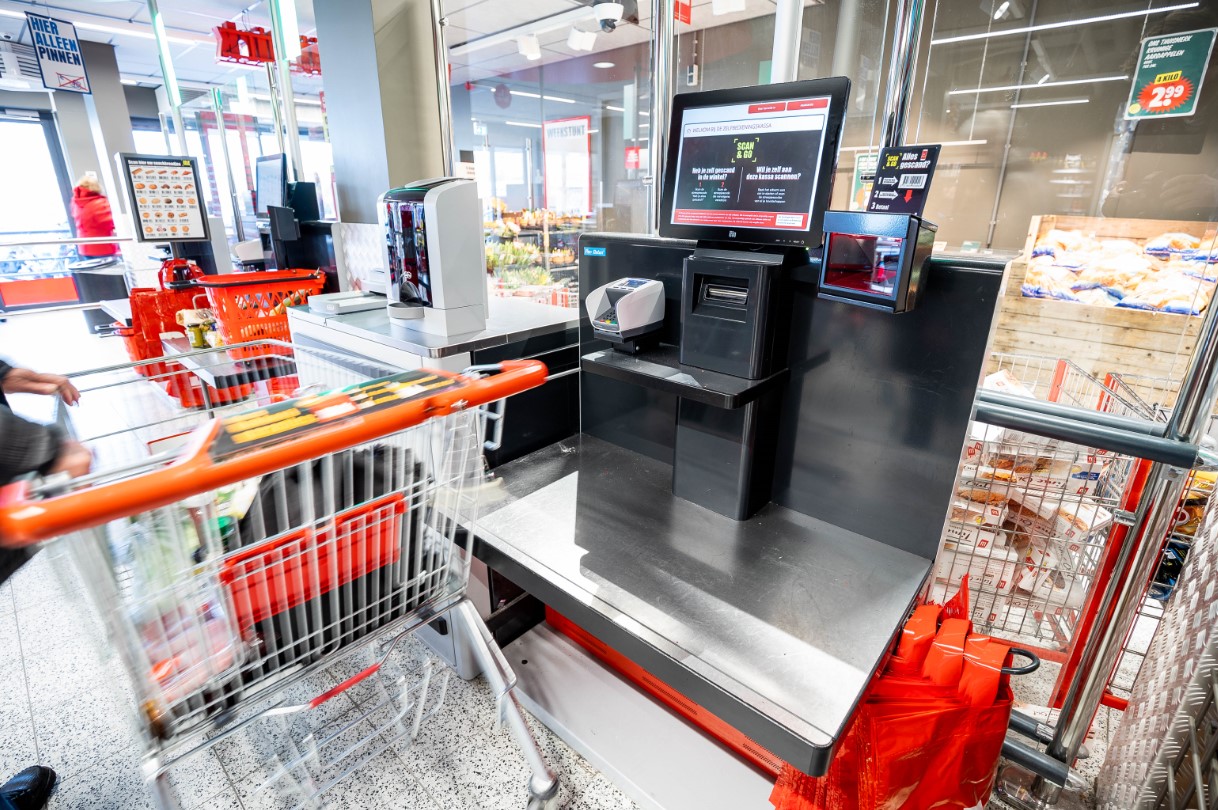How Retailers Can Reduce Cash Touchpoints
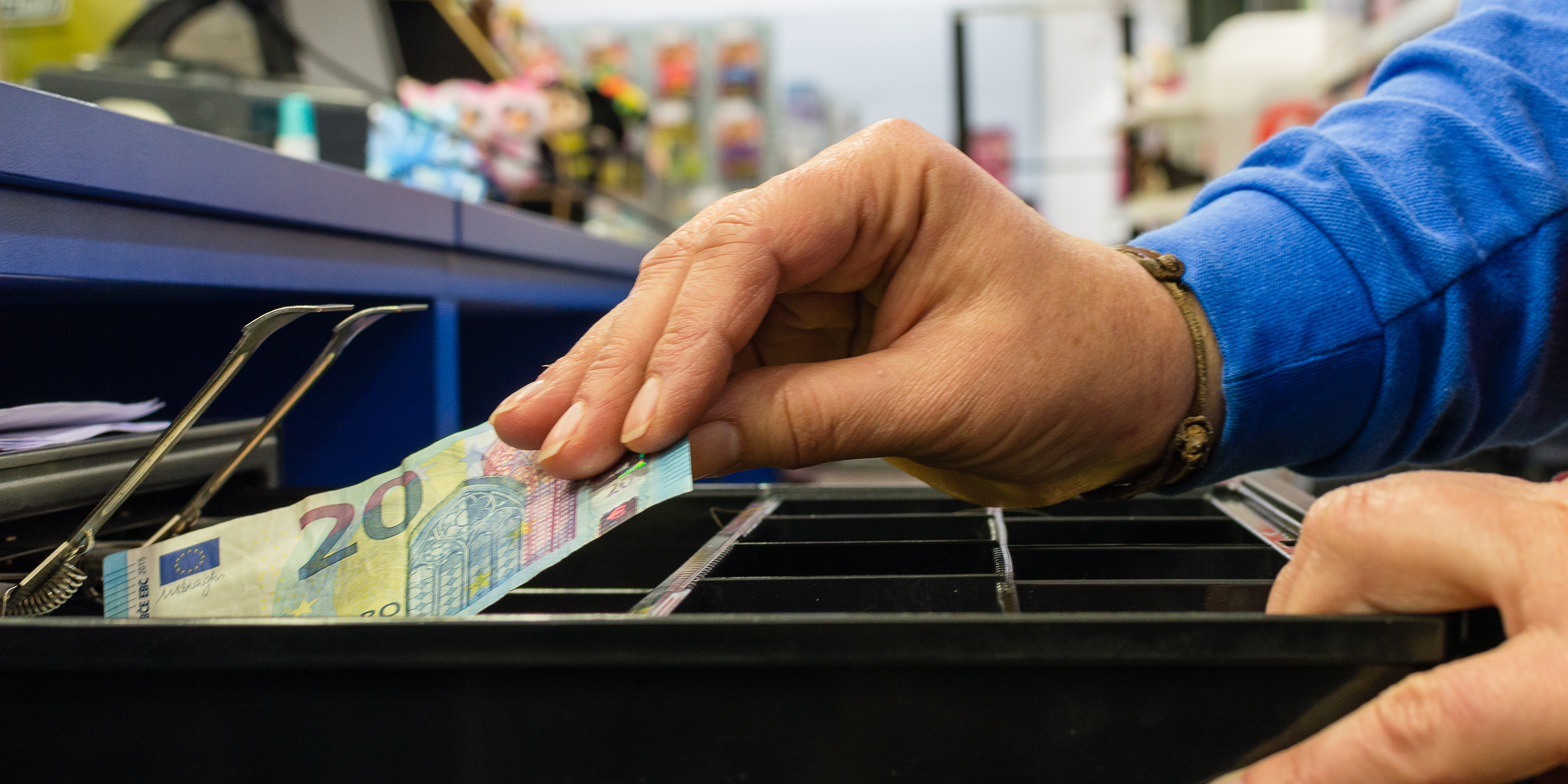
Cash is still a critical part of the infrastructure in the majority of countries around the globe and is relied upon by large sections of society who do not have electronic options to make payments.

Why Cash Payments Persist
Many people around the globe are unbanked or underbanked. A 2017 Findex report put the number of adults without a bank account at 1.7 billion worldwide and a US survey by the FDIC from the same year found that 25% of adults either don’t have a bank account (unbanked) or use financial services outside the banking system despite having an account (underbanked).
As a result, cash persists as a payment method, even during the coronavirus pandemic.
Cash Defying Expectations in America
In the USA, bill payments processor, PayNearMe, has been monitoring COVID-19 payment trends based on data from its own network.
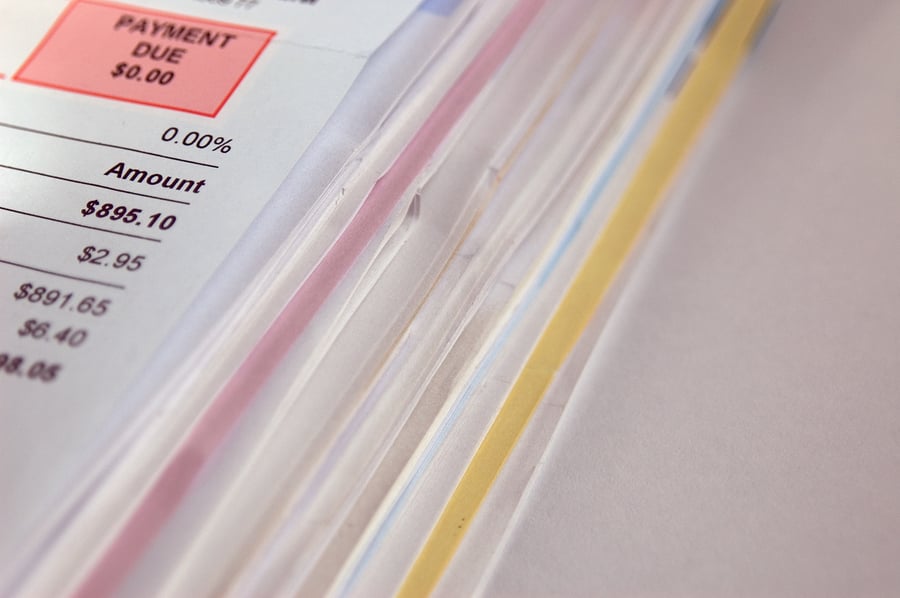
Its figures show that cash payments "defied media narratives" and "remained relatively steady as a bill payment method" between March 1 and April 17 2020.
In a press release, CEO Danny Shader stated that "this crisis demonstrates once again the importance of allowing consumers to pay their bills using whatever form of tender is most convenient for them.”
Cash Demand Spiking in Europe
In Europe, ensuring citizens still have access to and can pay with cash has been critical. The European Central Bank (ECB) has stressed the importance of cash:
Adequate availability of cash is crucial for the functioning of the economy
In a post entitled Beyond monetary policy – protecting the continuity and safety of payments during the coronavirus crisis, the ECB highlights the following points about cash usage in the eurozone, both before and during the pandemic:
- Pre-pandemic, 75% of transactions were made using cash
- Cash remains the "dominant form of payment for consumers"
- Continued use of cash critical for those at a disadvantage, such as the elderly or lower-income groups
- During the pandemic, the demand for cash spiked and the value of banknotes in circulation almost reached an all-time high
- Cash demand a result of higher spending in supermarkets and "people’s impulse to hoard cash during a crisis"
- Levels returned to around and below normal levels when lockdown measures restricted opportunities to spend
How Retailers Should Address Hygienic Cash Handling
In a previous post, we looked at the importance of cash handling hygiene in retail.
The post highlighted that although authorities have been quick to stress that the risk of picking up a virus from banknotes is extremely minimal, retailers still need to observe the same hand hygiene measures for cash as for touching any other item.
With cash remaining such a popular method of payment, how should retailers be tackling hygiene and cash handling?
1. Keep Stores Clean
Consumers are going to want to feel reassured that the spaces they enter are being kept clean.
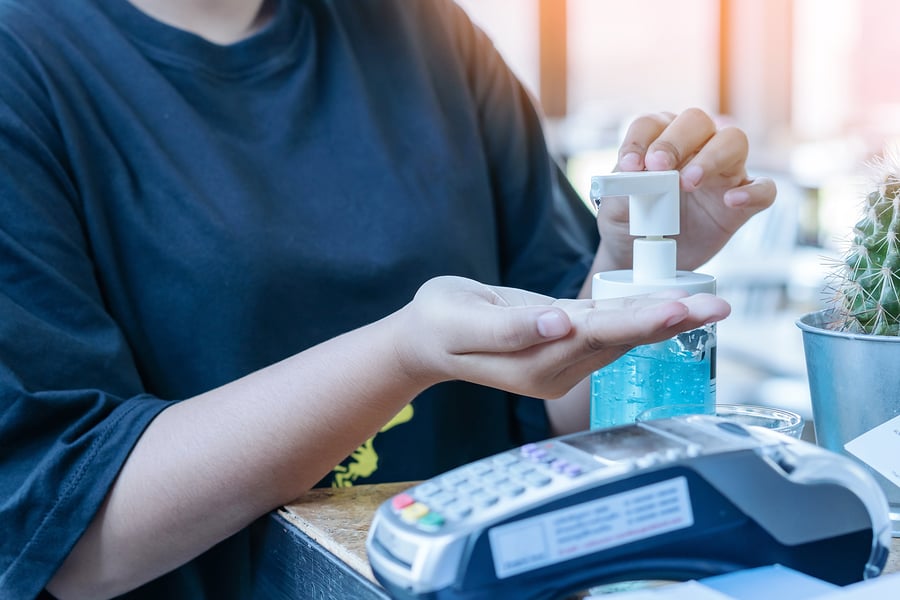
Retailers should try to make it obvious how clean their shops are by placing hand sanitisers in prominent locations and regularly wiping down frequently touched surfaces, like payment terminals.
2. Maintain Physical Distance from Customers
Stores will need to make sure there is enough space for customers to move around so that they do no not need to come in proximity with one another or shop staff.
At tills, one way of ensuring this is to create customer-facing, self-service payment terminals, either at manned or unattended checkouts.
According to a new sponsored survey in the US from weighing technology company, Shekel, 87% of shoppers say they would prefer to shop in stores with touchless or self-checkout options.
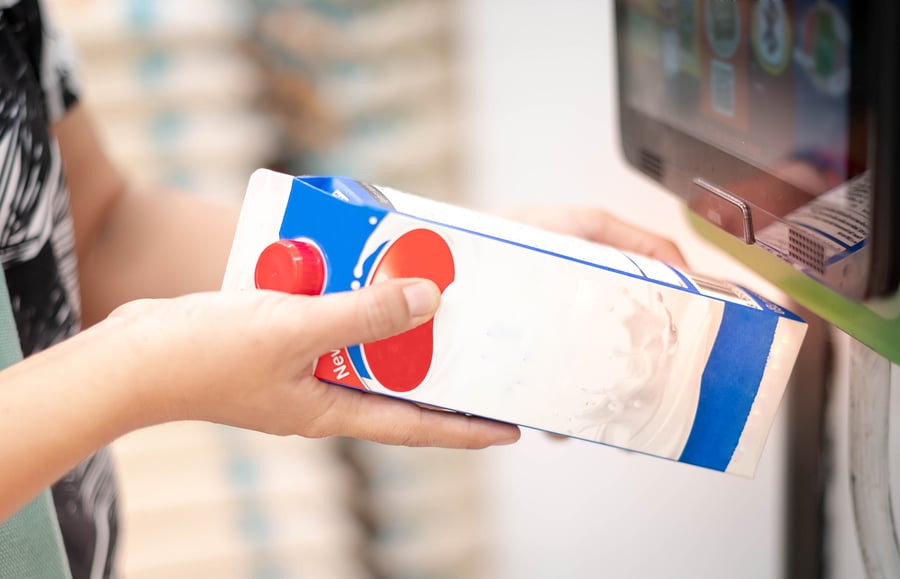
Self-service closed cash management systems are the perfect solution for this. Customers make their own cash payments and any change is automatically returned with no interaction from shop staff required.
When used at manned tills, these cash payment terminals can be placed at the necessary distance from the cashier or shop assistant.
3. Reduce the Number of Touchpoints with Cash
As a surface with which people come into contact, retailers should apply the same hand hygiene measures to handling notes and coins as for touching any other item, such as doors, hand rails or payment terminals.

In the front and back office, automated cash management solutions significantly reduce or even eliminate staff interaction with cash, allowing retailers to continue accepting cash transactions while maintaining the necessary hygiene standards.
Remove Manual Cash Handling
Closed cash management is the ultimate cash hygiene solution. It removes the necessity for manual cash processes entirely which means staff never have to handle cash — either at the point of sale or in the back office.
Reduce Back-Office Touchpoints
Even without this full end-to-end system, retailers can use cash recyclers or smart safes for cash deposit to reduce cash touchpoints in the back office.
These solutions automatically verify and count any cash deposits so staff do not have to manually check takings. Since many retailers employ the four-eye principle, daily revenue does not have to go through multiple sets of hands for counting and reconciliation.
Avoid Manual Float Preparation
Recycling stations also reuse deposited cash by dispensing it to cashiers as floats for their tills. This means the head cashier is not required to prepare cash for all the tills individually and the cashier does not have to recount it. Again, removing the need for manual interaction with notes and coins.
Implement More Hygienic Collection Procedures
Back-office cash automation is also an advantage for cash-in-transit (CIT) companies who can load cash straight from the deposit unit into special cases without having to come into contact with it. The notes and coins remain unexposed during transportation, all the way to the cash-counting centre.
And for smaller retailers who do not use a CIT service, automated deposit and recycling decreases the frequency with which cash has to be taken to the bank which also reduces the number of interactions.
Digitise the Cash Process
Instead of staff having to manually record and track the movement of cash in the store on a daily basis – and manage these documents – cash management software for retail consolidates all information throughout the cash process, providing full transparency.
With all cash information completely digitised, traditional paperwork is eliminated from the entire process - which is another step towards a more hygienic cash handling system.
Want to know more? Contact a cash management expert today.


